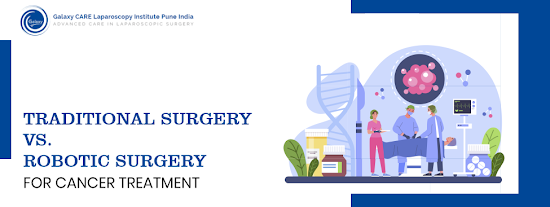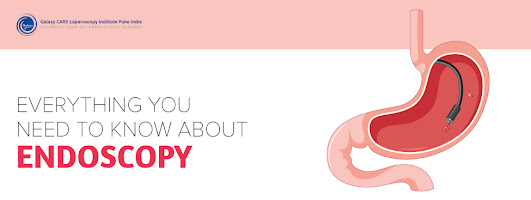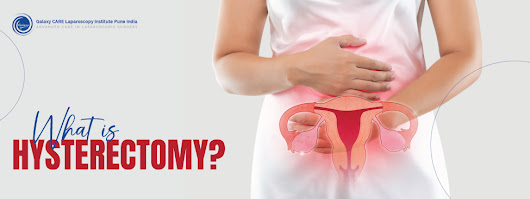TRADITIONAL SURGERY VS. ROBOTIC SURGERY FOR CANCER TREATMENT

Introduction: Cancer treatment has evolved significantly over the years, and with technological advancements, new approaches are continually emerging. One such innovation that has revolutionized the field is robotic surgery. Traditionally, surgeons have relied on manual techniques, but robotic-assisted procedures are gaining traction, especially in cancer treatment. This blog will delve into the comparison between traditional surgery and robotic surgery in the context of cancer treatment, exploring the benefits, challenges, and the future implications of these two approaches. Traditional Surgery: For decades, traditional surgery has been the cornerstone of cancer treatment. Surgeons use manual techniques to remove tumors, repair tissues, and reconstruct affected areas. The surgeon's skill and precision play a crucial role in the success of the procedure. While traditional surgery has a long history of success, it comes with certain limitations, including invasiveness, ...



